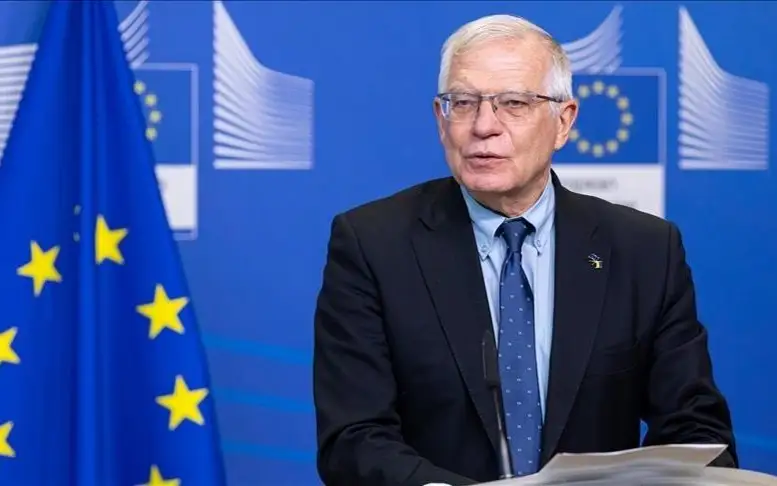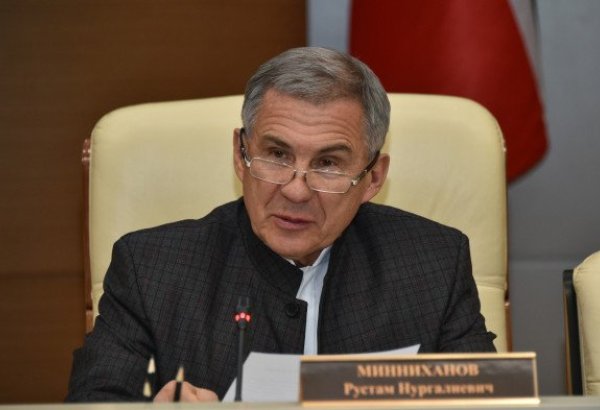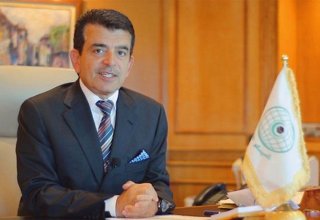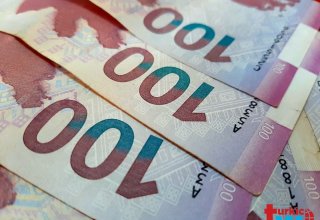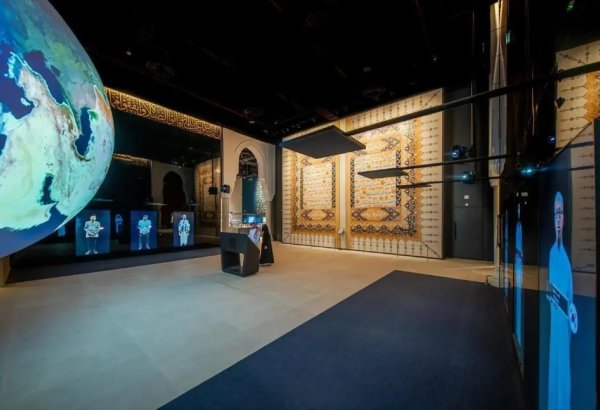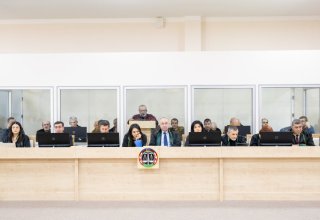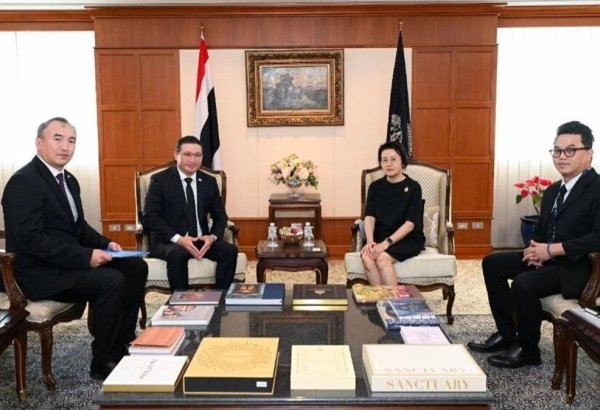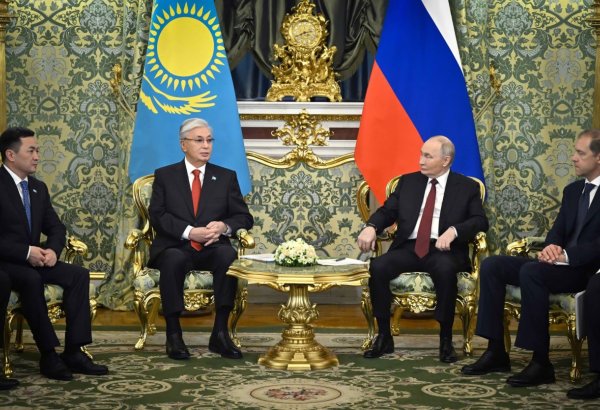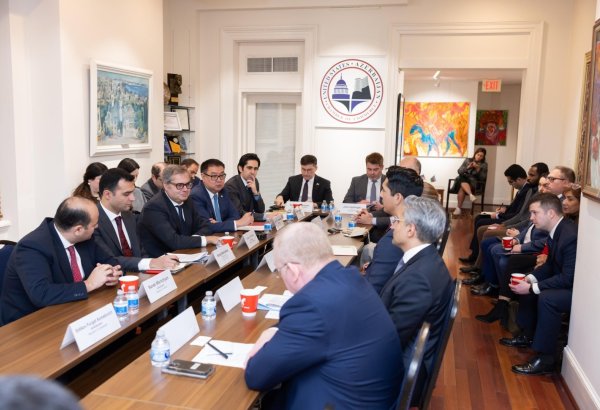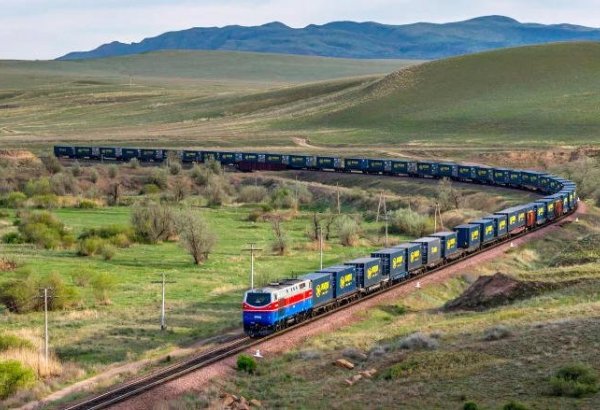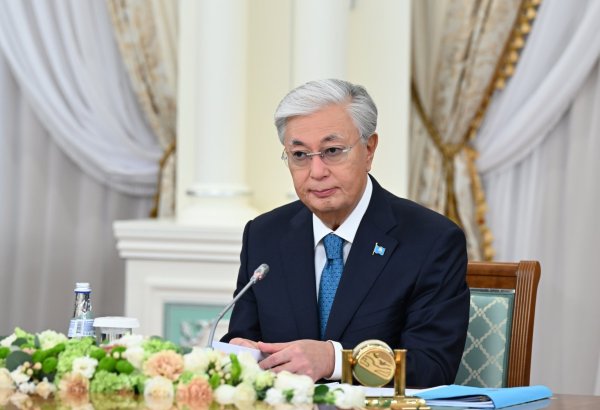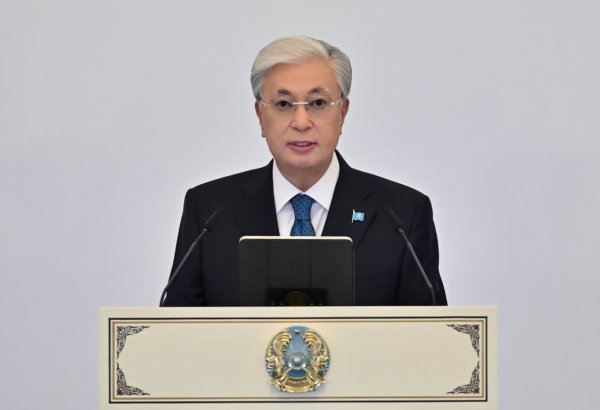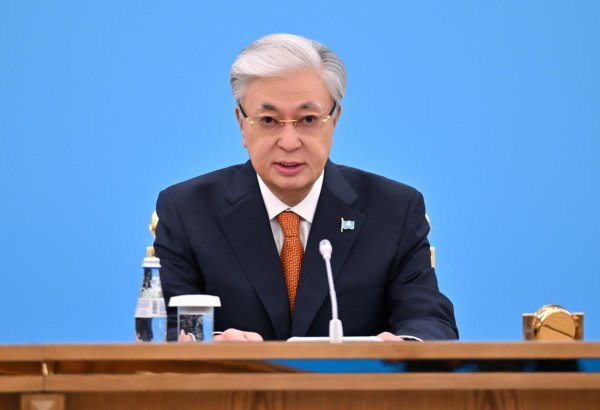Today, Luxembourg will host a meeting of the Foreign Ministers of the five Central Asian states and the European Union (C5+1), as well as the 20th meeting of Cooperation Council Kazakhstan-EU, which will be attended by Deputy Prime Minister of the Republic of Kazakhstan – Minister of Foreign Affairs of the Republic of Kazakhstan Murat Nurtleu. High Representative of the EU for Foreign Affairs and Security Policy Josep Borrell told Kazinform correspondent Arnur Rakhymbekov about the cooperation between the European Union and Kazakhstan.
Your Excellency Mr. Borrell, what is the main goal of the upcoming EU-CA ministerial meeting C5+1 to be held in Luxembourg?
The EU has meetings regularly with the five Central Asian countries at the level of Foreign Ministers.
The novelty this year is that the 27 Foreign Ministers of the EU Member States will be joining - until now there were never EU Member States participating.
This is a powerful sign of the political importance that the EU attaches to Central Asia.
We will exchange on the various aspects of the relations and cooperation between our two regions and discuss how to lift our partnership to a new, higher level.
Since the adoption of the EU Strategy on Central Asia in 2019, cooperation between the EU and Central Asia has advanced in many areas. But there are many opportunities for both the EU and Central Asia in developing this relationship further.
I mention transport connectivity, green energy, trade, investment, and I could add, for example, security, water, climate, education, science and people-to-people contacts.
When it comes to challenges, we encourage our Central Asian partners to maintain and accelerate the pace of their reforms, and we stand ready to offer our continued support in this historic endeavour.
Because stability and prosperity is our shared interest for the benefit of people in Central Asia and in Europe.
Is it planned to discuss in Luxembourg the issue of transport routes between Central Asia and Europe at the C5+1 meeting? In this regard, what assessment will you give to the project to expand the Middle Corridor?
The importance of transport connectivity will be discussed in Luxembourg.
As part of the Global Gateway initiative, the EU financed a study on sustainable transport corridors connecting the extended Trans-European Transport network and the five countries of Central Asia.
Based on the results of this study (published this June), we are now looking at enhancing the operational efficiency and economic attractiveness of the Central Trans-Caspian Network that encompasses major production and population centres in all five Central Asian countries. Based on our experience in Europe – and in line with the recommendations made in the study – developing transport connections must be based on a regional approach to connectivity, in order to ensure that they also contribute to sustainable economic development of the entire Central Asian region.
Are there any plans to discuss bilateral cooperation in the field of critical raw materials at the EU - Kazakhstan Cooperation Council?
Yes, critical raw materials is an important and very relevant new area of cooperation for the EU and Kazakhstan.
In November last year, Kazakhstan also became the first country in Central Asia to sign a Memorandum of Understanding (MoU) with the EU on a Strategic Partnership in the Field of Raw Materials, Batteries and Renewable Hydrogen.
The roadmap for the implementation of the MoU, endorsed in May this year, will ensure the development of a secure and sustainable supply of raw materials and refined materials. It also aims to develop renewable hydrogen and battery value chains, essential to boost the green and digital transformation in Kazakhstan and the EU.
Is the European Union interested in helping Central Asia in the field of water resources. In particular, to share the experience of water saving, fair accounting and distribution of water between countries?
Access to water and management of scarce water resources is a high priority for EU-Central Asia relations and an issue which we discuss on a regular basis with our Central Asian partners.
The EU has a number of projects and programmes in place to assist Central Asian partners with the management of water resources.
The Team Europe Initiative on Water, Energy and Climate Change launched in November 2022 will benefit from an EU contribution of EUR 20 million which is adopted this year.
It will allow the EU to finance programmes that have been identified as priorities with other Central Asian countries under the International Fund for Saving the Aral Sea (IFAS) Basin Programme, as well as a coordination mechanism for Team Europe.
Your Excellency Mr. Borrell, would you comment on the issues of global climate protection, is there a discussion on this issue between Europe and Central Asia? If so, in which specific areas?
Tackling the climate emergency is one of the European Union’s top foreign policy priorities.
This is an issue that is discussed at every meeting between the EU and its Central Asian partners and there is a shared understanding on the challenges and the need to develop and adopt policies that ensure the transition to a net-zero emissions economy.
Climate action brings opportunities both for the planet and the economy – including in terms of investment and finance opportunities, competitiveness, innovation, job creation and economic growth, but also for the people in terms of better standards of living, health, decent jobs, sustainable food systems, and affordable energy prices.
Therefore, the green transition, decarbonisation, water management, and investment in renewable energy are central to the discussion with Central Asia. In November 2022, the EU also launched a Regional Team Europe Initiative on Water, Energy, and Climate Change which is worth EUR 710 million.








